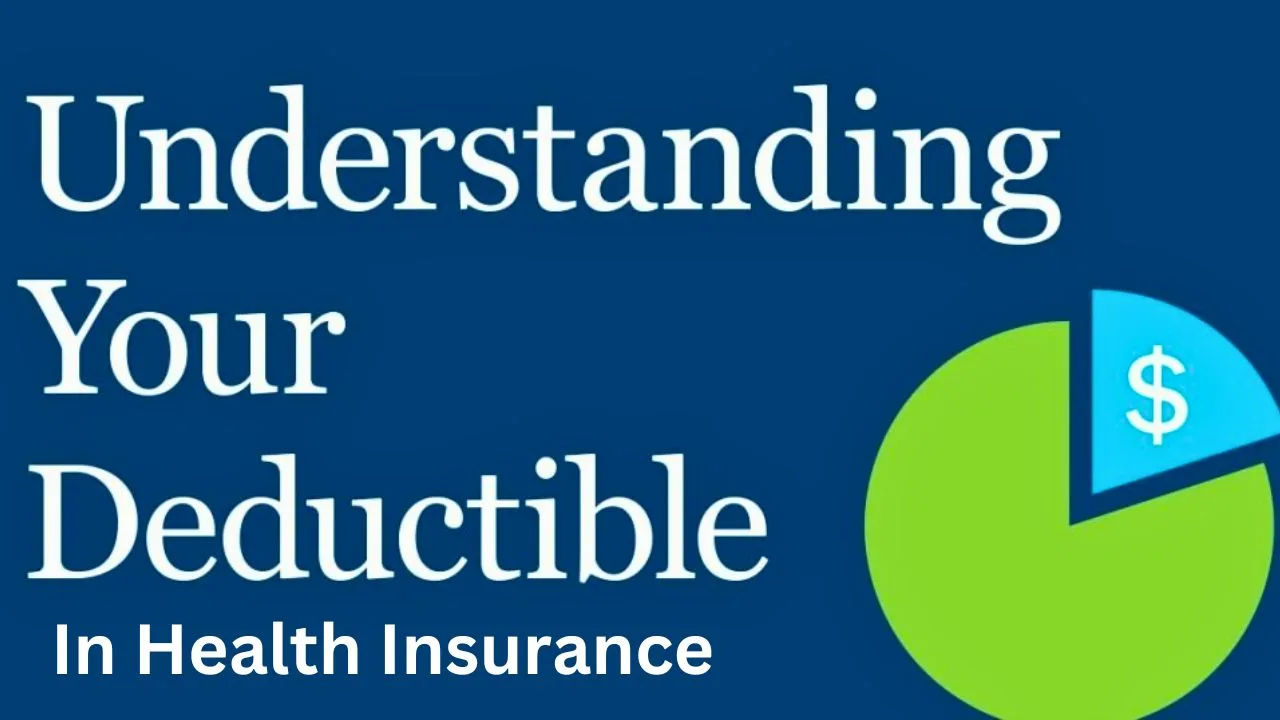
The Importance of Health Insurance:
1. Access to Quality Healthcare:
Health insurance gives you access to a network of healthcare providers, including doctors, specialists, hospitals, and clinics. With insurance coverage, you can seek medical treatment without worrying about the exorbitant costs associated with healthcare services. This access to quality healthcare ensures that you receive timely and appropriate medical care when you need it most, which is essential for maintaining your health and well-being.
2. Financial Protection:
One of the primary reasons why health insurance is crucial is its role in providing financial protection. Medical expenses can quickly accumulate, especially in the event of a serious illness, injury, or unexpected medical emergency. Without insurance, these costs could lead to significant financial strain or even bankruptcy. Health insurance acts as a safety net, covering a portion of your medical bills and preventing you from bearing the full financial burden of healthcare expenses.
3. Preventive Care:
Many health insurance plans offer coverage for preventive care services, such as screenings, vaccinations, and wellness exams. Investing in preventive care not only helps detect potential health issues early but also promotes overall health and well-being. By having access to preventive services covered by your insurance plan, you can take proactive steps to maintain good health and prevent more serious medical conditions from developing.
4. Peace of Mind:
Knowing that you have health insurance coverage provides peace of mind and reduces anxiety about potential medical costs. Whether it’s a routine check-up, a sudden illness, or a medical emergency, having insurance gives you the reassurance that you’ll be able to receive the necessary care without worrying about the financial repercussions. This peace of mind allows you to focus on your health and recovery without added stress.
Types of Health Insurance Plans:
Health insurance plans come in various forms, each with its own features, costs, and coverage options. Some common types of health insurance plans include:
1. Health Maintenance Organization (HMO):
HMO plans require you to choose a primary care physician (PCP) who coordinates your healthcare and provides referrals to specialists within the network. These plans typically have lower out-of-pocket costs but require you to seek care from network providers except in emergencies.
2. Preferred Provider Organization (PPO):
PPO plans offer more flexibility in choosing healthcare providers and do not require referrals to see specialists. While you can visit out-of-network providers, you’ll generally pay higher out-of-pocket costs compared to in-network services.
3. High-Deductible Health Plan (HDHP):
HDHPs have higher deductibles and lower premiums than traditional plans. They are often paired with a health savings account (HSA), allowing you to save pre-tax dollars for medical expenses. HDHPs are suitable for those who want lower monthly premiums and are willing to pay higher out-of-pocket costs for healthcare services.
4. Exclusive Provider Organization (EPO):
EPO plans combine features of HMOs and PPOs, offering a network of preferred providers without requiring referrals for specialist care. However, EPO plans typically do not cover out-of-network services except in emergencies.
How to Choose the Right Health Insurance Plan:
Selecting the right health insurance plan requires careful consideration of your healthcare needs, budget, and preferences. Here are some factors to consider when choosing a health insurance plan:
1. Coverage Options:
Evaluate the coverage options offered by each plan, including deductibles, copayments, coinsurance, and out-of-pocket maximums. Choose a plan that provides adequate coverage for the services you anticipate needing while balancing your monthly premium costs.
2. Provider Network:
Consider the network of healthcare providers included in each plan and whether your preferred doctors, specialists, and hospitals are part of the network. Out-of-network services are typically more expensive, so it’s essential to choose a plan with a network that meets your needs.
3. Cost:
Compare the monthly premiums, deductibles, and other out-of-pocket costs associated with each plan. While low-premium plans may seem appealing, they often come with higher deductibles and out-of-pocket expenses, so weigh the overall cost against the coverage provided.
4. Additional Benefits:
Look for additional benefits offered by certain plans, such as coverage for prescription drugs, maternity care, mental health services, and preventive care. These additional benefits can enhance the value of your health insurance coverage and may be worth considering, depending on your healthcare needs.
Conclusion:
Health insurance is a vital tool for protecting both your health and finances. By providing access to quality healthcare, financial protection against medical expenses, coverage for preventive care, and peace of mind, health insurance plays a crucial role in safeguarding your well-being. When selecting a health insurance plan, carefully consider your healthcare needs, budget, and preferences to choose the plan that best meets your requirements. Investing in health insurance is an investment in your health and future financial security.
 Accident Lawyers Offshore Accident Lawyers – Offshore Injuries & Jones Act Lawyer
Accident Lawyers Offshore Accident Lawyers – Offshore Injuries & Jones Act Lawyer



